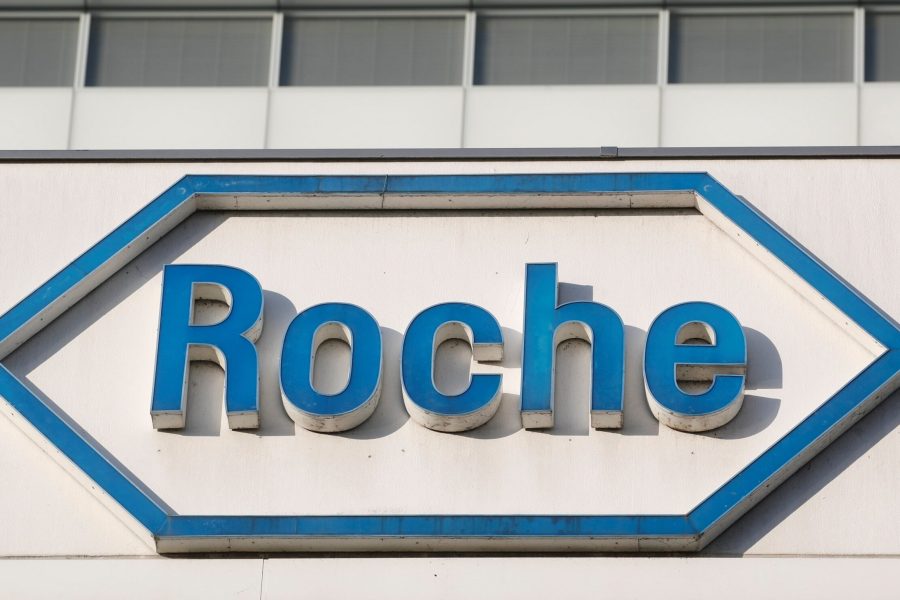Key takeaways:
- Roche’s high-dose trials for Ocrevus, its leading multiple sclerosis drug, did not yield improved efficacy over the standard dose.
- This outcome poses a challenge for Roche’s strategy to expand the drug’s market usage amidst increasing competition.
- Investors should monitor Ocrevus’s performance and its impact on Roche’s financials, especially as it faces competition from alternatives like Novartis’s Kesimpta.
Introduction
On April 2, 2025, Roche announced that clinical trials aimed at testing higher doses of its successful multiple sclerosis (MS) drug, Ocrevus, did not demonstrate any significant efficacy improvements compared to the standard 600 mg dosage. This disappointing news highlights several critical factors for investors:
- The potential stagnation in growth for Roche’s flagship therapy.
- The intensifying competitive landscape in the MS treatment domain.
- The financial implications of the trial outcomes on Roche’s market performance and growth forecasts.
Detailed Analysis
The findings from Roche’s late-stage study indicate that there is no additional benefit to patients from increasing the dosage of Ocrevus to two or three times the standard amount. This result is particularly significant considering that Ocrevus has been a major driver of Roche’s growth, generating approximately 6.7 billion Swiss francs (about $7.59 billion) in revenues for the year 2024 alone, representing a 9% increase year-over-year 1.
Roche’s attempts to extend the utility of Ocrevus included seeking an injectable form approved by U.S. regulators as an alternative to the intravenous infusion method, which is more cumbersome for patients. While this new formulation aims to enhance the accessibility of treatment, the recent trial failure raises concerns about the company’s future directions in the MS market, where Roche already faces stiff competition from Novartis’s Kesimpta, which patients can self-administer with monthly injections 2.
Retail investors should take note of the growing competitive pressures in the MS treatment landscape. Novartis’s Kesimpta, which experienced more than 100% sales growth in 2023, illustrates how quickly market dynamics can shift, impacting Ocrevus’s future growth potential 3. Additionally, as Roche’s primary growth driver, any stagnation in Ocrevus’s performance could ripple through the company’s broader financial outlook and affect stock performance.
The company will need to reassess its strategy following these trial results. Future investor confidence may depend on Roche’s ability to innovate and adapt in response to this setback, particularly in differentiating Ocrevus amidst emerging therapies and treatment methodologies in the MS space.
Conclusion
The failure of Roche’s latest trial to demonstrate the benefits of higher doses of Ocrevus presents a significant challenge for the pharmaceutical giant. Given the importance of Ocrevus in Roche’s portfolio, retail investors would be prudent to closely follow developments regarding this drug and related competitive products. Engaging with ongoing clinical results and strategic decisions will be essential for informed investment decisions moving forward. The multi-faceted competition in the MS market underscores the importance of agility within Roche as it seeks to maintain its leadership position.
References
1 Roche fails in bid to increase dose of MS drug Ocrevus. Reuters. April 2, 2025.
2 Roche’s Multiple-Sclerosis High-Dose Trial Fails to Meet Primary Endpoint. KFGO. April 2, 2025.
3 Roche fails in bid to increase dose of MS drug Ocrevus. Marketscreener. April 2, 2025.

